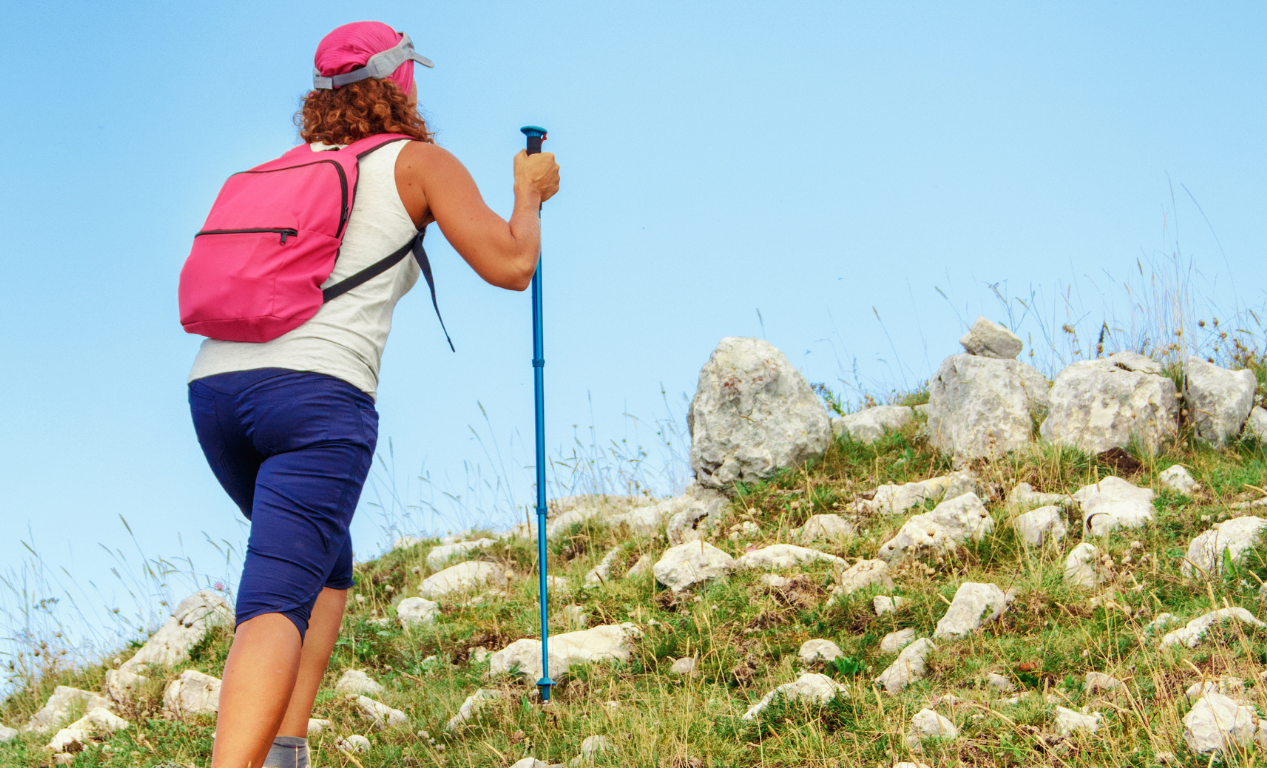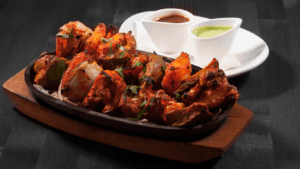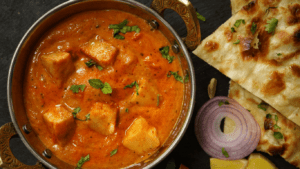I went vegan in 1992 at age 15. At that time, most of us in the vegan community believed and promoted that eating only plants was the most natural and complete diet for humans. We pointed to our flat molars and long intestines as proof that humans are natural herbivores. We rejected supplements because we thought our diet was naturally perfect. We thought we’d get our B12 from mushrooms, sea vegetables, or microscopic bits of soil clinging to our farmer’s market produce. We thought we’d get enough vitamin D naturally from the sun. We had never heard of DHA and EPA.
After seven years of being an unsupplemented vegan, I had a health crisis when I was 22 and in graduate school. I wasn’t a junk food vegan–I cooked my own meals and ate my share of fresh produce. I’d always been an ace student, but I was finding it harder and harder to read my textbooks. I couldn’t concentrate. My short-term memory was shot. I felt tired and weak all the time and I was diagnosed with depression. I learned that these are all symptoms of B12 deficiency and I started to take vegan supplements: B12 and a multivitamin for extra insurance.
I have now proudly celebrated my 25th year as a vegan, and I take supplements regularly. In addition to the B12 and multi-vitamin, I now take vegan vitamin D3 supplements (I was diagnosed as vitamin D deficient a couple of years ago), algae-based DHA/EPA, and the occasional calcium pill.
I am healthier than any of my family members who are all omnivores. They suffer from a variety of illnesses (including diabetes and heart disease). In contrast, I can walk into a doctor’s office at 40 years old and check exactly zero disease boxes. I’m an active rock climber and hiker and still weigh what I did in high school, which is uncommon in my genetic family.
One other very powerful experience I had with my diet was using a nutrition-tracking food diary website for about a year. I logged every single food I ate, including home-cooked recipes, and the website broke down my daily, weekly, and monthly nutrition stats. It taught me a few important things:
- I am not going to eat enough variety of food every single day to get all the nutrients I need, so a multi-vitamin really is a good idea for me.
- I feel better when I eat a balance of good fats, protein, and healthy carbs at every meal.
- I need a significant amount of vegan protein to feel my best.
I think many of us vegans get so fed up with being questioned about, “Where do you get your protein?” and we spend so much time debunking the protein combining myth, that we overcorrected in the other direction and began to believe that we’ll get enough protein no matter what plants we eat. It just isn’t true for me, at least based on how I feel after eating a low-protein meal. This is one of the reasons why I love and embrace vegan meats (seitan, veggie burgers, veggie dogs and sausages, Field Roast, Beyond Beef, etc.) and soy products (tofu, tempeh, soyrizo). They may not be “natural”, but they help keep me healthy and feeling good as an active vegan, and that’s my most important dietary value.
Thank you for sharing your story!
–From an anonymous, female animal advocate






